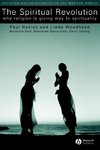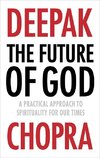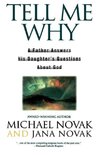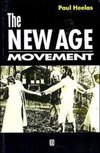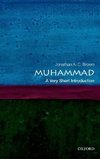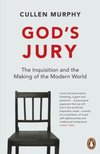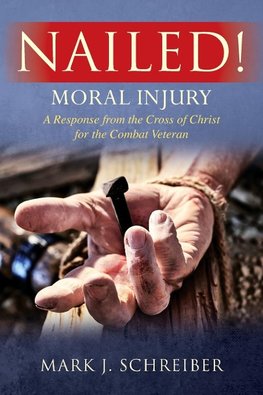
-
 Anglický jazyk
Anglický jazyk
Nailed!
Autor: Mark J. Schreiber
Combat is not a football game. Losers lose with their lives and winners often lose with their souls. "Thou shalt not kill," is still the natural law code given by God ingrained upon all human hearts since the dawn of civilization. In combat it takes a supreme... Viac o knihe
Na objednávku, dodanie 2-4 týždne
64.26 €
bežná cena: 71.40 €
O knihe
Combat is not a football game. Losers lose with their lives and winners often lose with their souls. "Thou shalt not kill," is still the natural law code given by God ingrained upon all human hearts since the dawn of civilization. In combat it takes a supreme act of consciousness to distinguish between murder and killing in defense of a nation. The wounds that our Soldiers, Sailors, Airmen and Marines can suffer from combat are not only physical but spiritual; wounds to the soul and conscience from perceived violations of moral norms based upon one's upbringing, societal standards and religion. Such moral injury can be devastating to the warrior's mental health. Things go wrong in war quickly and easily. War is a toxic. Combat comes with a terrific personal price tag. Healing and cleansing are necessary after combat. How do our warriors integrate the numbing images of violence and destruction that invades their souls without permission? How do our warriors reintegrate back into the civilian society that they have just defended with their lives and their blood? Will time and distance from the battlefield plus a splash of cognitive restructuring heal all wounds eventually? These questions I seek to answer through the lens of the cross of Christ. The answer will surprise you because God's Word is always counter-intuitive to our natural thoughts, intuitive solutions and our personal but often unchallenged worldviews. Moral injury is defined in the literature as a wound to the conscience, an act of commission or omission, performed in a warzone by the warfighter while engaged in killing behaviors. All warriors live by a code, written and unwritten. What norms the conscience of the combat veteran is absolutely vital for his/her recovery after suffering moral injury. Collateral damage to innocent civilians, survivor's guilt, unintended deaths where the veteran was the perpetrator or betrayed by higher authority are all toxic events powerful enough to leave permanent scars and no lasting solution for the conscience. Imaginary self-forgiveness offered by VA counselors cobbled together with strenuous renewal therapies stand juxtaposed to authentic forgiveness proffered through the cross of Christ and the creation of the new man in Christ Jesus. The combat veteran has a choice in the therapeutic/soteriological worldview; a choice which gazes down upon two divergent paths that have little in common now and no future intersection on the distant horizon. The NT centurion passages reveal that the military mindset by vocation and training is pre-wired for obedience to a word of authority which principle the missio Dei (mission of God) uses to shatter false norms and allegiances. The cross is not an offer of "self-forgiveness" but the present reality of the world objectively reconciled and forgiven. The conscience of the combat veteran normed by the cross in exchange for all the guilt, shame, sorrow and regret war can muster heals the conscience of the combat veteran suffering moral injury. The arduous military training of the servicemember uniquely positions him/her to receive the sure peace of God through faith alone in the highest Word of authority. The cross of Christ stands immovable, counter-intuitive and a beacon of hope for every combat veteran struggling and engaging in self-healing, self-medication and self-rationalization. The bloody warfare of Christ upon His cross renews the soul and the conscience, again and again and again.
- Vydavateľstvo: Outskirts Press
- Rok vydania: 2021
- Formát: Paperback
- Rozmer: 229 x 152 mm
- Jazyk: Anglický jazyk
- ISBN: 9781977239334

